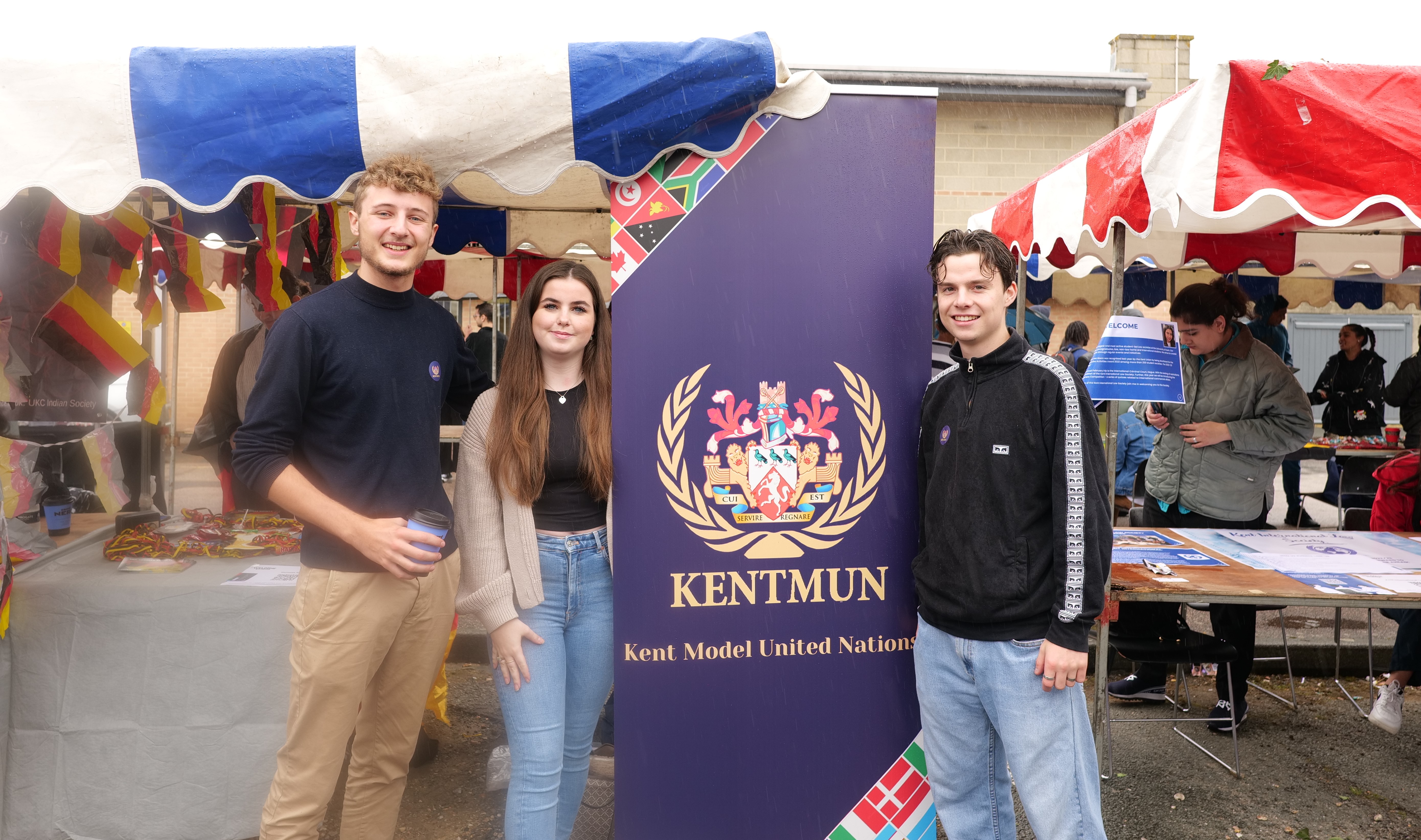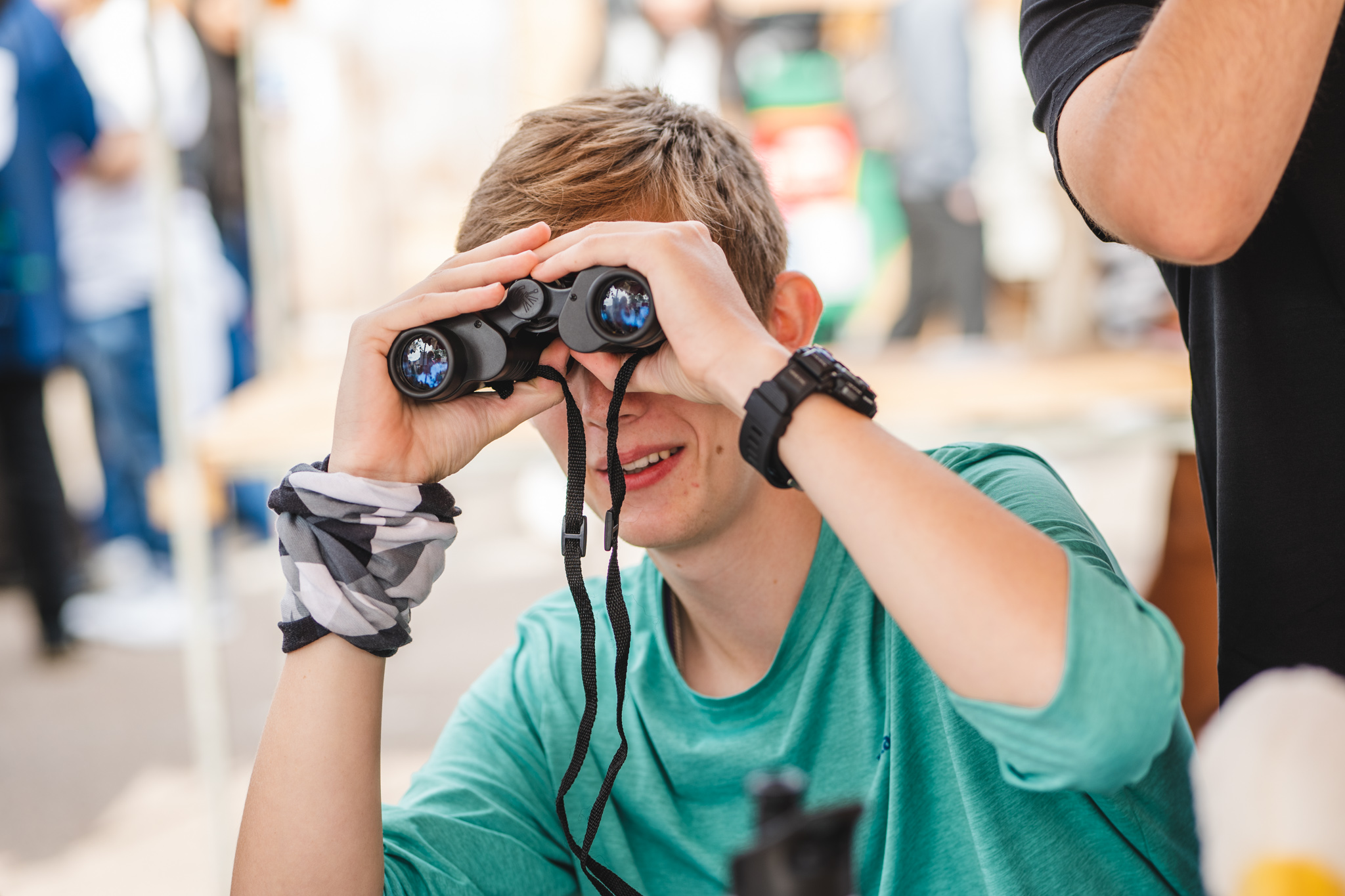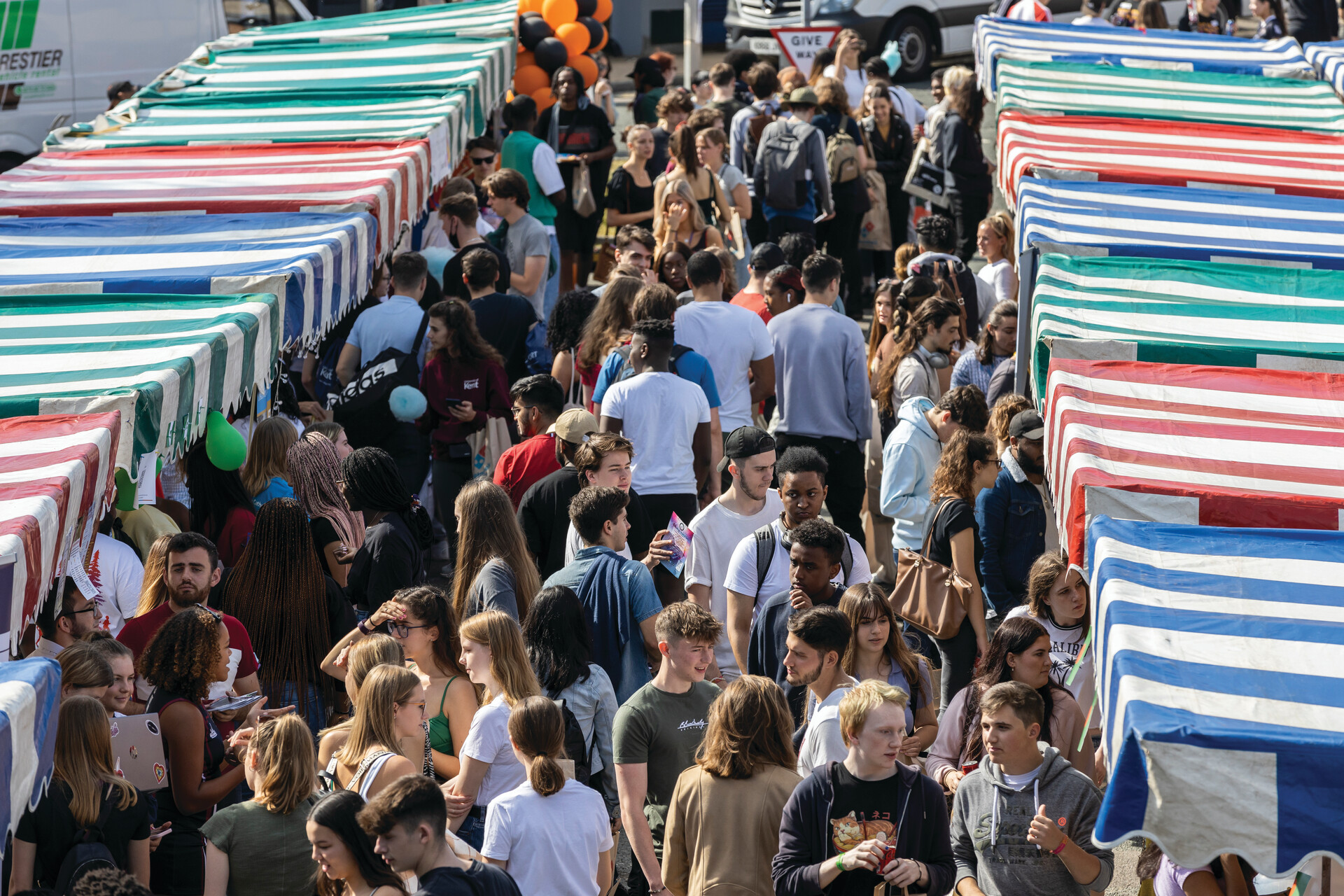It is fair to say that Wildlife Conservation Student James Bronthon has got value for money while studying with us! From joining societies to being elected President of ConSoc he gives us the low down on student society.
‘To say that Kent Union boasts a large number of societies is a huge understatement: over 240 are currently on the website, though not all are active. Whether you’re looking for sports, or are looking to share your faith, or just like Harry Potter, there’s a society available.
In my first year, I joined several societies which I was actively a part of, chiefly the Model United Nations (MUN) and the Conservation Society (ConSoc). Different ends of the spectrum, MUN is all about international politics and getting to debate people, whereas ConSoc is environmental awareness and action. My second year saw me become president of ConSoc, which was both a real challenge and a real treat. While paperwork and people management is hardly thrilling, being able to talk to fellow budding environmentalists was a real boon at a time where the world was just beginning to be hit by the recent COVID-19 pandemic. Managing a society in lockdown was a huge challenge, as was engaging students.

Still president and eager to expand the society, I had the privilege of leading ConSoc the next year once again, and this allowed me to do some actual conservation work. In Blean, and on the campus, the members of ConSoc were busily trying to improve things for wildlife. Digging trenches, sawing wood and listening out for birds was a great chance to get some hands on experience. My latest challenge, and by far my greatest society-wise, has been holding the presidency of EcoGeog. Small but determined, EcoGeog has been providing students with academic support and experiences for the 4 years it has been active. Trying to market such a niche society has been tough but rewarding, as it’s led me to learn so much about how human geographers think.

While I have had a tremendously difficult time trying to balance out coursework with societies, it has been completely worth it. Unbeknown to most students, just joining societies can make a person more employable. Not only does it give you something to talk about during interviews, it really helps to show employers that you’re interested in your subject. Sure, any wildlife conservationist can love to watch David Attenborough documentaries, but it takes a really dedicated student to go out and actually listen in the middle of a muddy woodland.
The oft-forgotten but extremely useful graduate goals (available on the university website) can be matched to every committee member of any society. This means that you can go confidently into interviews and tell them exactly what sawing a tree actually did for your employability (hint: intellectual curiosity and confidence) or a pub crawl based vaguely on animals (hint: the event increased confidence and teamwork as students were required to operate in a coordinated way to the ‘conference rooms’ where ideas were discussed, increasing the intellectual curiosity as well as commercial awareness). There’s a very particular kind of resilience built up during being a president, especially if you’re the most active. If you can get past the increased workload, you realise that you’re essentially the CEO of a small business. Committees have to market themselves, create a brand, manage employees and sell a product (even if it is free).
The saying “dress for the job you want, not the job you have” is very relevant here, as role-playing as a CEO as a society president genuinely helps you to realise how the world really works, and so being part of a society might just help you transition better into the working world. At the very worst, there’s always the socials.’
James Bonthron is studying for a BSc (Hons) in Wildlife Conservation with a Year in Journalism

